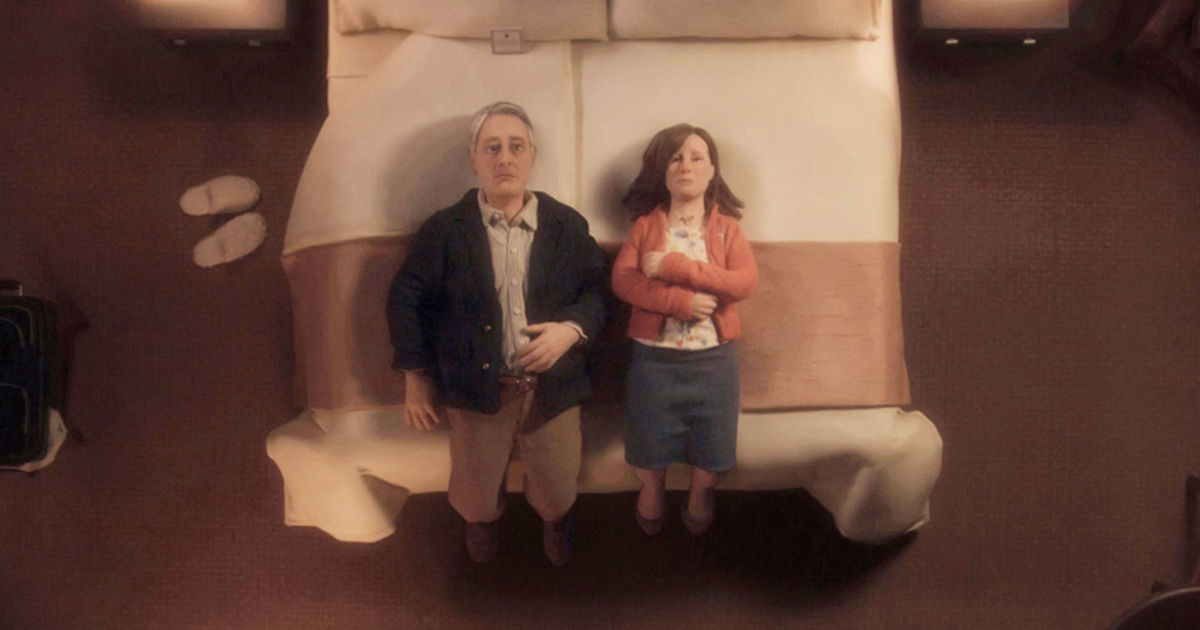
Being a phenomenon that takes place in time, a relationship is subject to its havoc. There is no thing that can last longer than time; it ends with everything. Thus, the highly valued initial feeling of a relationship is rarely still there when the relationship is over. Most of the time, the pain of loving another one overcomes the pleasure of it and what once was pure and bright ends up being a corrupted shadow of what it once was. And when this purity is preserved, it is a great achievement.
Many films deal with the dynamics of relationships, on the corruption, the emergence or the conservation of them. Desire, hidden intentions and old pains constantly inspire filmmakers to expand the limits of the language to express them in new ways. Here is a list of 10 movies that explore the dynamics of relationships, most of them profoundly pessimistic, and maybe some that are just a little optimistic about the faith of love.
1. Scenes from a Marriage (1973) – Ingmar Bergman
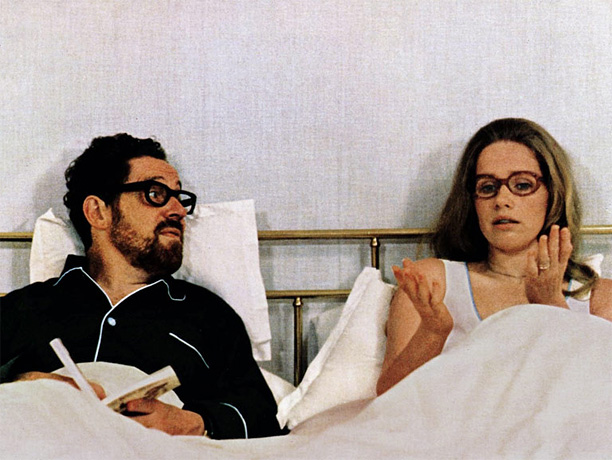
This is the movie about marriage, made by one of the most talented crew in film history – the crew of Ingmar Bergman. The movie displays a couple played by Liv Ullmann in the role of Marianne, and Erland Josephson in the role of Johan. Unparalleled cinematographer and longtime Bergman’s collaborator Sven Nykvist worked not only as an artist but also a co-producer of the film (Bergman convinced him and Josephson to accept a part of the production in exchange of their work).
The relationship of Marianne and Johan is treated with Bergman’s hardest pessimism of his late career. In the span of 10 years, their “healthy” relationship becomes the genesis of hate and resentment. The at first true love that they profess to each other leads them into a codependent relationship in which neither of them want to be with each other, but neither of them wants to actually leave the other.
Conceived as movie for TV, there were some who doubted that a movie with so much dialogue could be a success. But it was one of Bergman’s most commercially successful film in the United States. Delivered in episodes, the spectators were mesmerized by the Bergman drama, maybe because this pessimistic view of love and married life was something with which everybody could relate. Maybe in the crude and hurtful word of Marianne and Johan, the spectators saw what they did not dare to tell in real life.
2. Annie Hall (1977) – Woody Allen
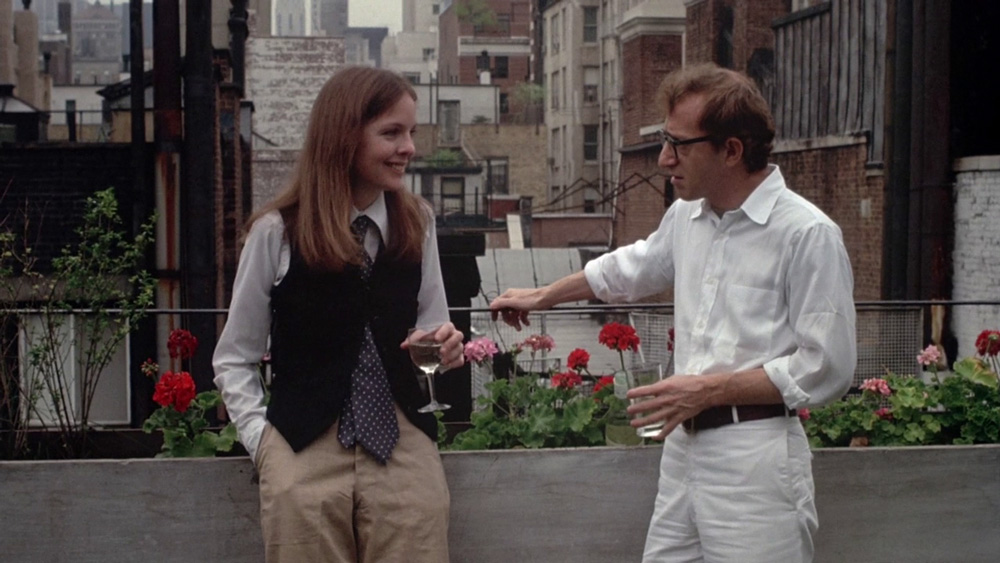
In this film, Woody Allen plays Alvy Singer, a neurotic, egocentric comedian who falls in love with Annie Hall, a very special character played by Diane Keaton. Alvy manages to gain the love of Annie with his very special and hard-to-get personality, but it is this personality that’s precisely what ends the relationship.
At first Annie is amazed by Alvy’s flirty, haughty and snobbish personality, but the enchantment does not last forever. What she found charming when they met ends up sickening her. Alvy does not want to change and does not want her to leave him, thus we seem him in continuous frustrations inflicted by himself. A frustration that can be very familiar to some of us.
If “Manhattan” is Woody Allen’s ode to New York with relationships in the background, then “Annie Hall” is his ode to relationships with Manhattan island in the background, at least in the way he conceives them. In his words, “They are totally crazy, irrational and absurd, but I guess we kept going through it because most of us need the eggs.”
3. La Notte (1961) – Michelangelo Antonioni
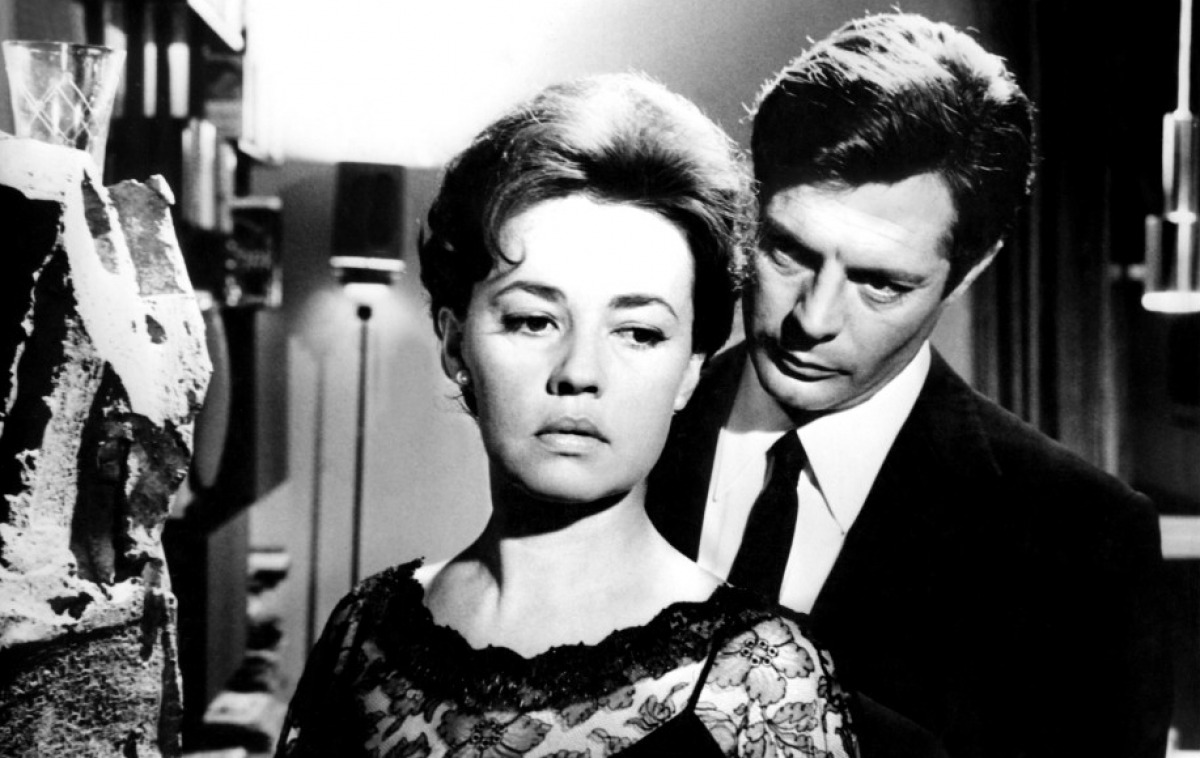
All relationships start with a great single wish and belief. This wish/belief is that the pure and honest love that a couple has for each other can survive time. That time does not make the love that one professes to another in the silence of the night fade and become a shadow of what it once was. It is, at least for Michelangelo Antonioni, a delusion and wish destined to frustration.
In the film, Lidia (Jeanne Moreau) and Giovanni Pontano (Marcello Mastroianni) wander in an exhausted world which reflects the decadence of their relationship. Or maybe, their relationship reflects the decadence of their world.
Giovanni tries to seduce a young woman because she reminds him of young Lidia, and thus of young Giovanni. Lidia knows of the disenchantment of this couple, and when he is trying to reach her after a day of escaping her, she reads him a letter. A letter which Giovanni does not remember to have written, in which he declares his wish for his love for Lidia in one night (Notte in Italian) to be timeless. They stand surrounded by a decadent world, knowing that they shall never recover that love which they once felt for each other.
4. Y Tu Mama También (2001) – Alfonso Cuarón
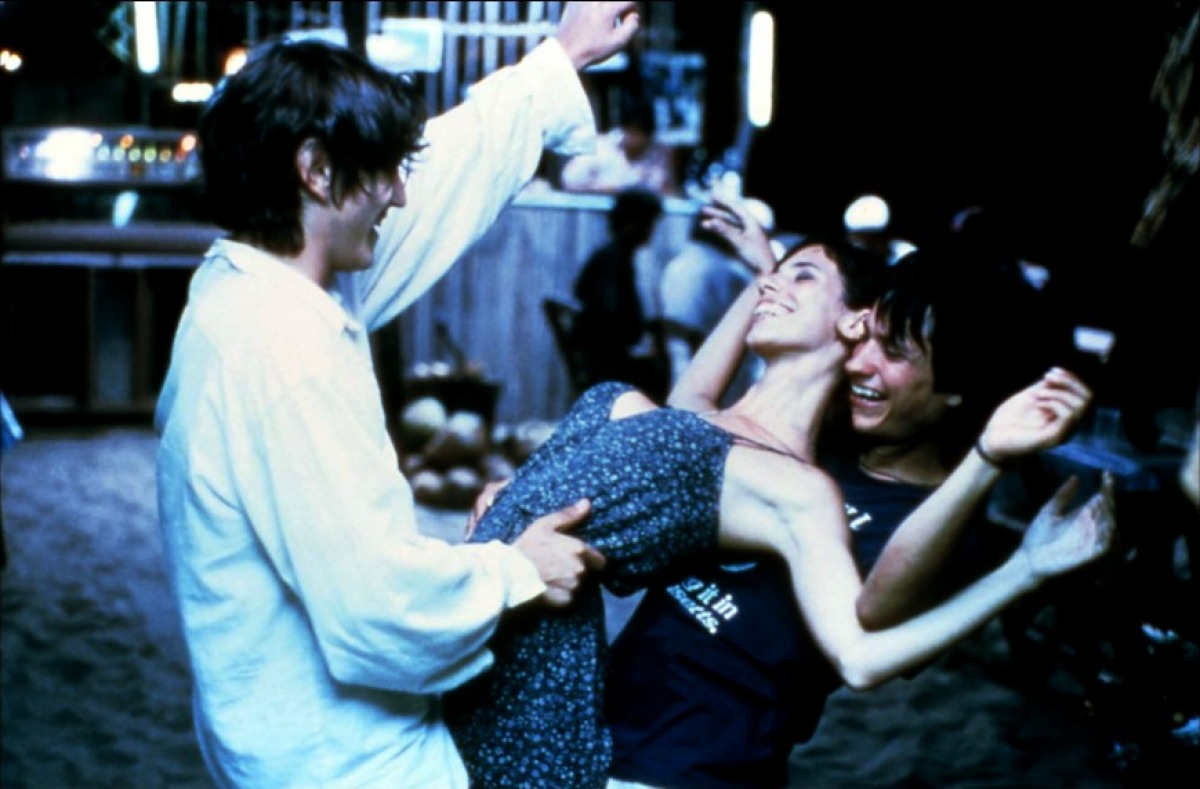
The coming-of-age film by Mexican director Alfonso Cuarón displays teenagers Diego Luna as Tenoch Iturbide and Gael Garcia Bernal as Julio Zapata on a road trip with an older Spanish woman named Luisa, played by Maribel Verdú. Julio and Tenoch have been friends for years; they have a friendship code, both of their girlfriends are abroad, and both of them desire Luisa. For mysterious reasons, Luisa agrees to go to the beach with two teenagers on a trip of sexual and emotional discovery.
At first, the interactions with Luisa challenge the relationship between the teenagers; the preference for Tenoch makes Julio grow jealous, and then her preference for Julio makes Tenoch feel the same way. Tired of the rivalry, Luisa leaves them, and thus they are forced to make peace in order to keep her with them.
As neither Tenoch nor Julio is the protagonist, Cuarón manages to create a narrative entity, their relationship, in which secret desires and a profound bond is revealed by the desire of Luisa. The relationship is first challenged and then reinforced to get as close as it will ever get. The journey is to the beach, a place far from the social conventions that hold some of the secrets in their friendship.
5. Last Year at Marienbad (1961) – Alain Resnais
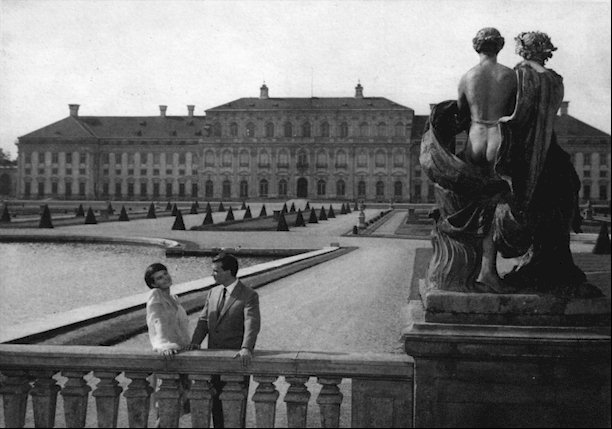
In a baroque and luxurious palace full of mirrors and endless corridors, a man with an Italian accent (Giorgio Albertazzi), whose name we never know, tries to convince a woman (Delphine Seyrig) that they met last year and had a passionate love affair. He tells her that they agreed to meet again, once she was ready to make a choice whether or not to go with him. But the woman denies the encounter, even though the man presents one piece of proof after another.
Alain Resnais made this masterpiece, the winner of the Leon D´Or at the Venice film festival in a way that was completely groundbreaking and continues to be. The film does not deliver any answers, nor certainty whether the plot actually happened or is just a mere dream.
Resnais addresses the memory of a relationship in a way that reminds us of the labyrinths in Jorge Luis Borges’ literature. The memory appears to be full of delusions, fear and secrets desires. It is the job of the spectator to draw conclusions from ambiguity of the film.